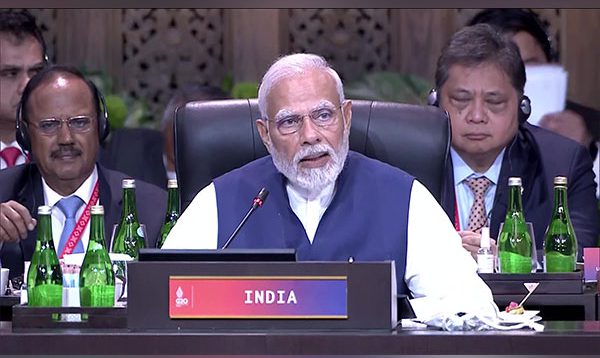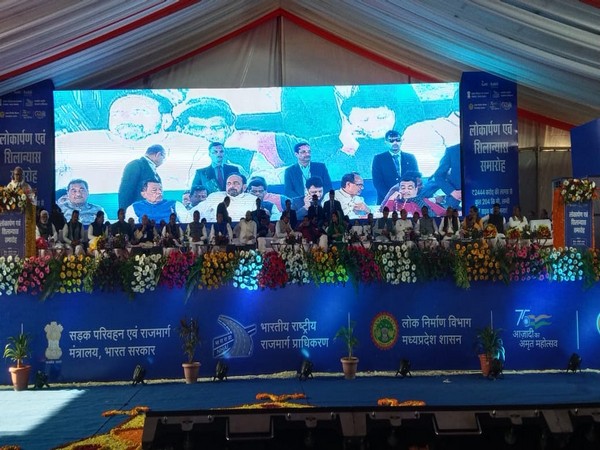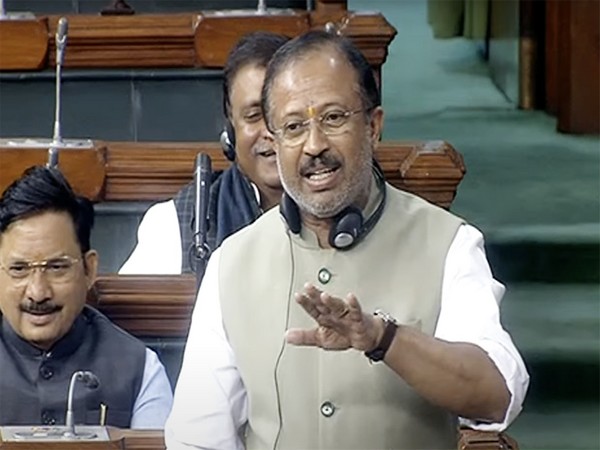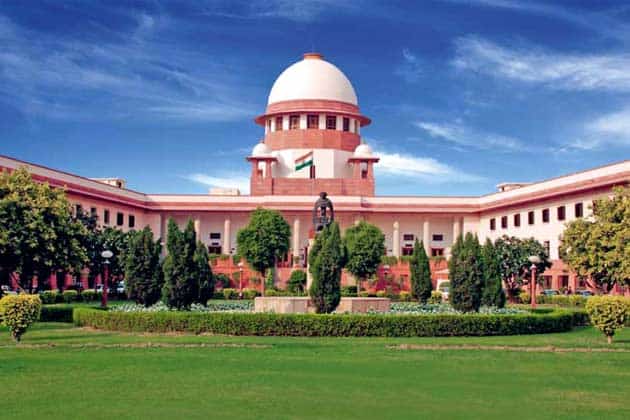India cannot afford to miss the fourth industrial revolution, Prime Minister Narendra Modi on Sunday, while stressing that such “repeated opportunities” would not come again.
Addressing a gathering after launching developmental projects in Maharashtra, PM Modi said India had already missed out on making the most out of the industrial revolutions in the past.
“When the first industrial revolution came, India could not take benefit from it. We lagged behind in the second and third industrial revolutions, but today when it’s time for the fourth industrial revolution, India cannot miss it. A long-term vision is pivotal for stable growth and development. India cannot miss the fourth industrial revolution, opportunity won’t come again,” PM Modi said.
Mentioning the need for permanent solutions to problems, the Prime Minister stated that the country cannot move ahead with shortcuts and highlighted that the “base of permanent development is infrastructure”.
“No country can run with shortcuts. A long-term vision is necessary for permanent development and solution. The base of permanent development is infrastructure. South Korea was a poor country once, but it changed its fate through infrastructure. Today the Gulf countries are so progressed also because they have also modernized their infrastructure and future-ready in the last 3-4 decades,” he said.
The Prime Minister also mentioned Singapore’s infrastructure and said that the country made investments in infrastructure and made the right economic policies, and consequently it has become a “big center of the economy” for the world.
“A few decades ago, Singapore was also a normal island country. Singapore invested in infrastructure and made the right economic policies and today it has become a big center of the economy of world. These countries would not have been able to reach the height which they have achieved now if they had followed shortcut politics and looted the taxpayers money,” he said.
“But India has got this opportunity. In the earlier governments, the tax-payers who paid taxes, either it was used for corruption by the earlier governments or for strengthening the vote bank,” PM added. (ANI)
Read More: http://13.232.95.176








